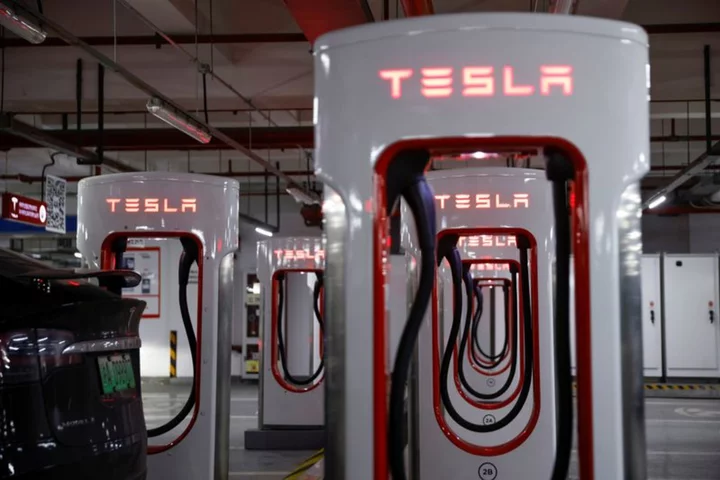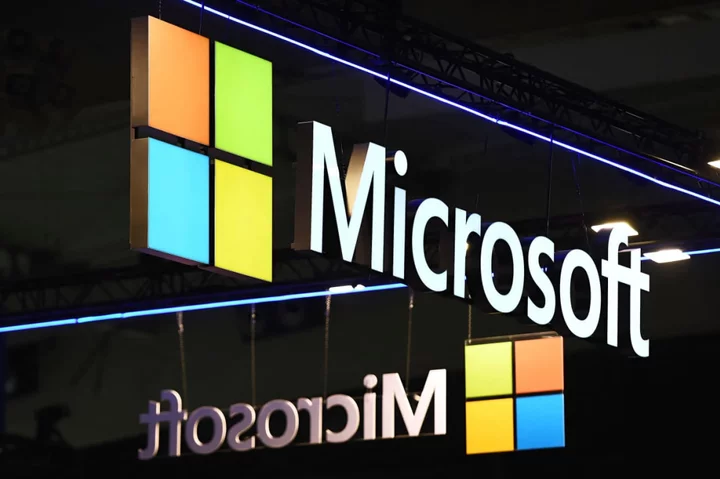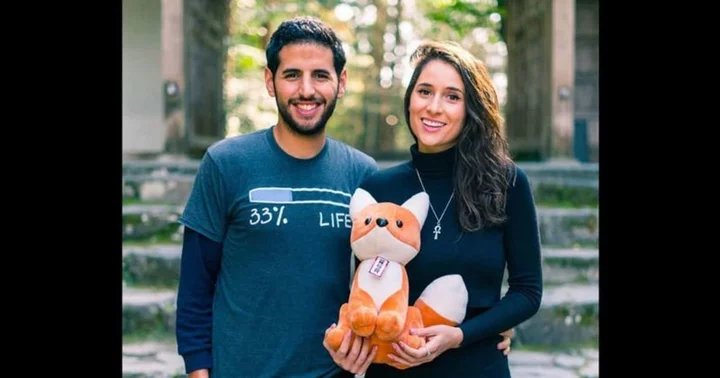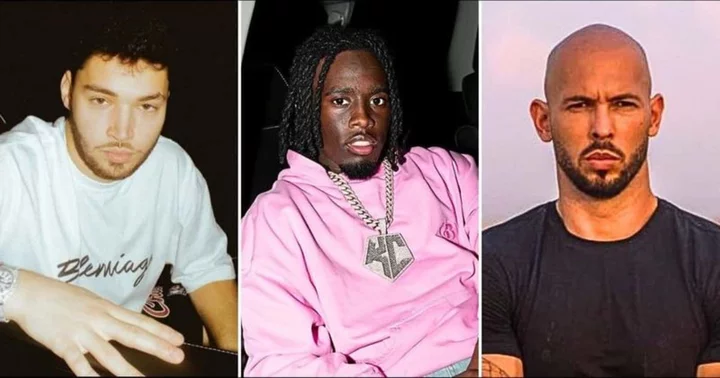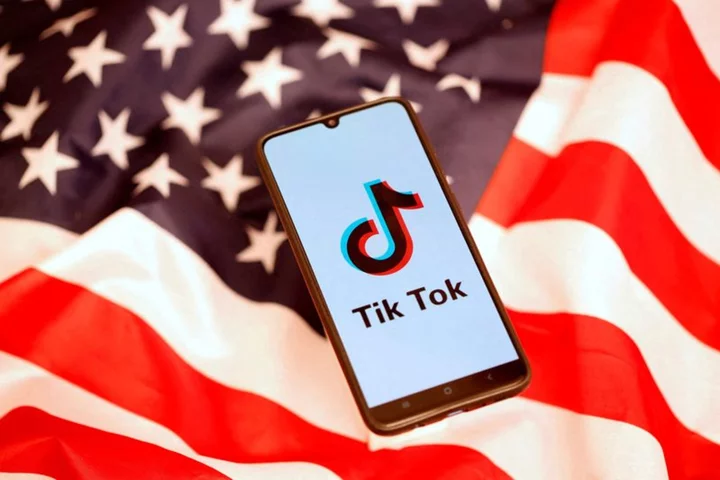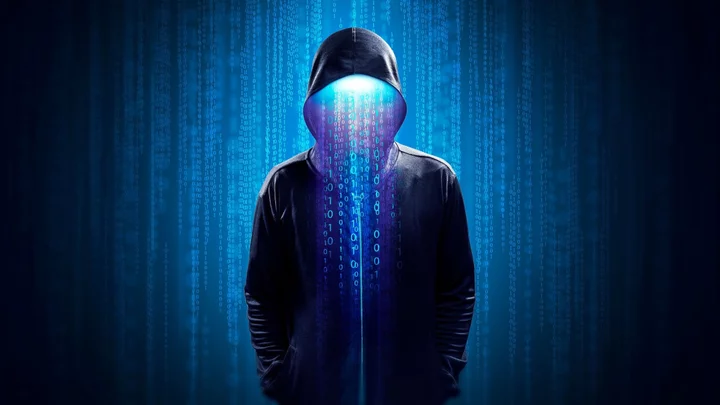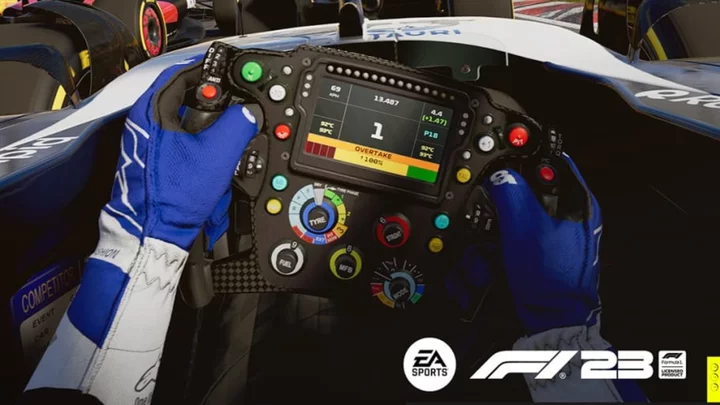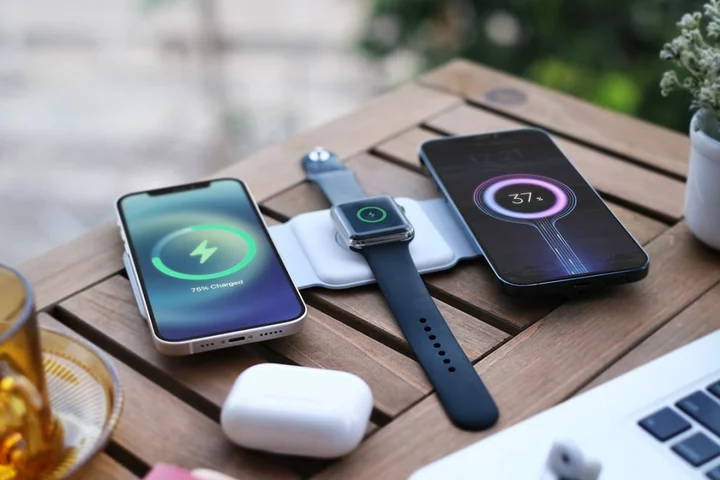By Jarrett Renshaw
The White House on Friday said electric-vehicle charging stations using Tesla standard plugs would be eligible for billions of dollars in federal subsidies as long as they included the U.S. charging standard connection, CCS, as well.
The statement follows separate announcements by U.S. automakers Ford Motor and General Motors that they were adopting the Tesla model of charging, known as the North American Charging Standard (NACS). The moves shake up a charging industry that looked like it was drifting toward the rival CCS connection, with the help of federal subsidies.
This is the first time the Biden administration has directly connected Tesla to its efforts to spend up to $7.5 billion to build new, high-speed chargers on some 7,500 miles of the nation's busiest highways.
Tesla shares jumped 5% on Friday and analysts said the Ford and GM news is a big win that could make Tesla Superchargers an industry standard in the United States. GM and Ford shares were both up about 1.5% on Friday afternoon.
"Earlier this year, we developed minimum standards to ensure publicly funded EV charging is accessible, reliable, and affordable for all drivers, and we required interoperability to promote competition," White House spokesperson Robyn Patterson said in statement to Reuters. "Those standards give flexibility for adding both CCS and NACS, as long as drivers can count on a minimum of CCS."
Patterson said the goal is for every car to be able to use every publicly funded charger. "More drivers having access to more high-quality charging – including Tesla Superchargers – is a step forward."
The statement did not say whether it was enough for Tesla to provide a CCS adapter to connect to charging ports at non-Tesla chargers.
Earlier this year, the administration welcomed Tesla's decision to open up its charging network to competitors but stopped short of discussing how the company would be involved in its charging efforts.
Most large global automakers use the CCS network in the United States, including Volkswagen, Hyundai Motor and Kia.
INDUSTRY SHAKEUP
Tesla's network is more widespread and considered more reliable than the alternative combined charging system (CCS), which the government has tried to support with federal funds.
The partnership among three of the biggest U.S. automakers ensures that more than 60% of the country's EV market can access Tesla's North American Charging Standard.
The rare alliance is sending ripples through the EV industry, raising questions about the fate of charging startups that are struggling.
"Tesla's been one step ahead in this game and with other operators trying to play catch-up they were already at a disadvantage," said Danni Hewson, head of financial analysis at AJ Bell.
"Whether other charge point systems disappear in the same way that Betamax video tapes disappeared in the 1980s is likely to depend on policymakers. But at the moment Tesla is way ahead of the pack and the gap is widening."
Shares of EV charging companies such as ChargePoint, EVgo and Blink Charging were down 10%-13% on Friday.
A spokesperson for Blink said the company welcomed "the opportunity to work with Tesla on interoperability with cables and connections." ChargePoint and EVgo were not immediately available for comment.
Smaller EV companies including Rivian and Lucid did not immediately respond to requests for comment. Their shares were down just over 1%.
Tesla has been testing the use of CCS connectors to allow non-Tesla vehicles to use its Superchargers.
Already the world's most valuable automaker, the Elon Musk-led company has added more than $200 billion to its market value since announcing the charging tie-up with Ford on May 25.
Musk on Friday said in a tweet it would be "ideal" for Tesla chargers to need only CCS adapters to meet federal charging standards.
(Reporting by Jarrett Renshaw in Philadelphia; Additional reporting by Hyunjoo Jin and Abhirup Roy in San Francisco and Chavi Mehta in Bengaluru; Writing by Sayantani Ghosh; Editing by David Gaffen, Peter Henderson and Matthew Lewis)

